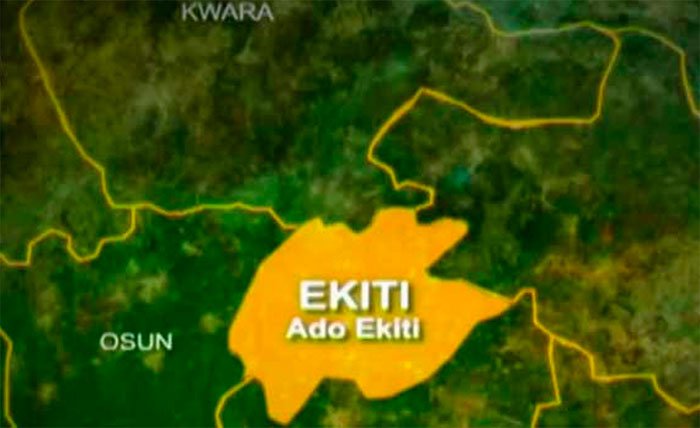Ekiti: CLEEN Foundation lists 25 security threats to gov’ship poll
Ahead of Saturday’s governorship election in Ekiti State, the Election Security Support Centre (ESSC) of CLEEN Foundation has listed 25 security threats that must be addressed to ensure the success of the election. Th e Acting Executive Director, CLEEN Foundation, Ruth Olofin, at a news conference on Thursday in Abuja said the organization noted the […]

Ekiti map
Ahead of Saturday’s governorship election in Ekiti State, the Election Security Support Centre (ESSC) of CLEEN Foundation has listed 25 security threats that must be addressed to ensure the success of the election.
Th e Acting Executive Director, CLEEN Foundation, Ruth Olofin, at a news conference on Thursday in Abuja said the organization noted the indicators that could engender violence in the election as shown in its Election Security Threat Assessment (ESTA) findings.
- Russia-Ukraine war: African Leaders tasked on production
- Bandits kill 8, abduct dozens in renewed Niger attack
She also said the foundation will deploy 32 citizen observers across the 16 local government areas of the state to observe the conduct of security personnel deployed on election duty.
According to her, these findings in their order of ranking include; partiality of security agents (78.1 per cent), activities of party thugs (81.8 per cent), the prevalence of misinformation and fake news (78.1 per cent), aggressive and excessive use of force (77.2 per cent), partiality of electoral officials (76.8 per cent), widespread availability and use of hard drugs (76.7 per cent); and undue influence of money (73.3 per cent).
Olofin also listed broadcasting and publishing of hate speech (71.4 per cent), inadequacy or excessive presence of security agents (71.1 per cent), and poor training and low professionalism of security agents (70.1 per cent).
“These are the most critical factors that could trigger violence in the governorship election, each with an aggregate score of above 70 per cent.”
Others, according to her, are exclusion of ethnic groups (68.1 per cent) and failure to prosecute electoral offenders (68.1 per cent), abuse of social media (68 per cent) and underage voting (68 per cent), problems associated with registration and accreditation devices (67.1 per cent) and partisanship, favoritism, partiality and sensationalism of the press (67.1 per cent) and
partisanship, favoritism,partiality and sensationalism of the press (67.1 per cent); and activities of immigrants and unregistered voters (65.7 percent)
